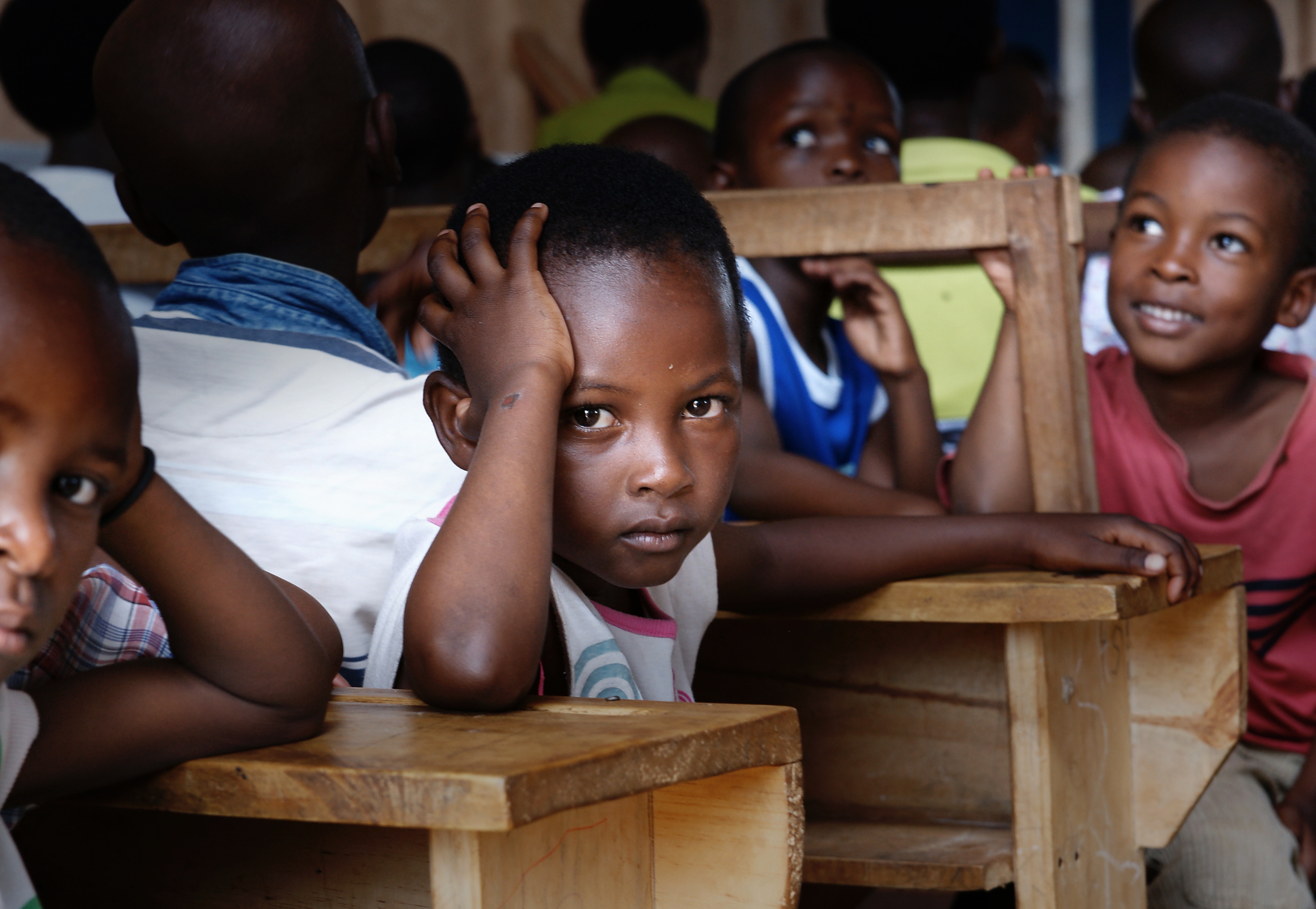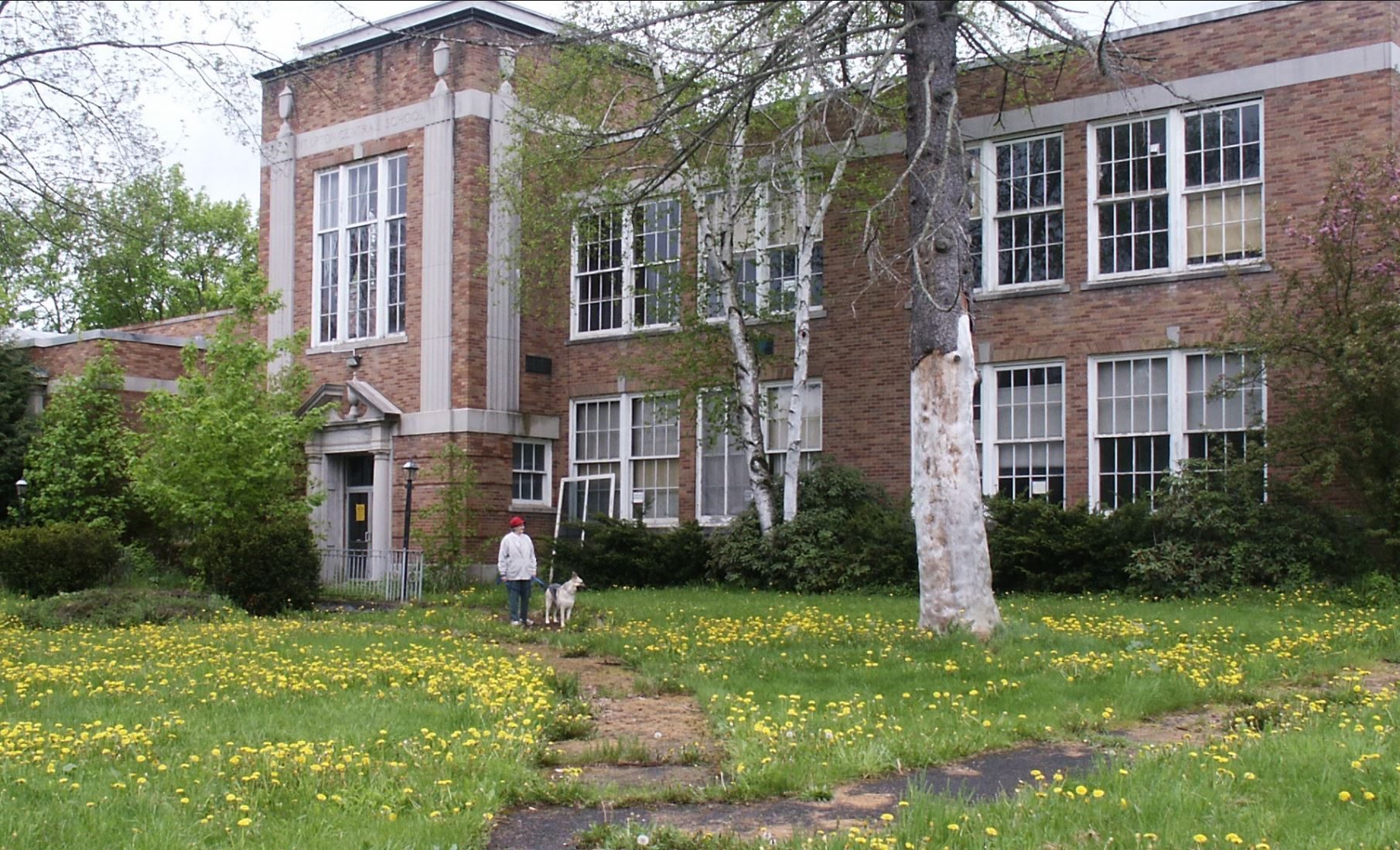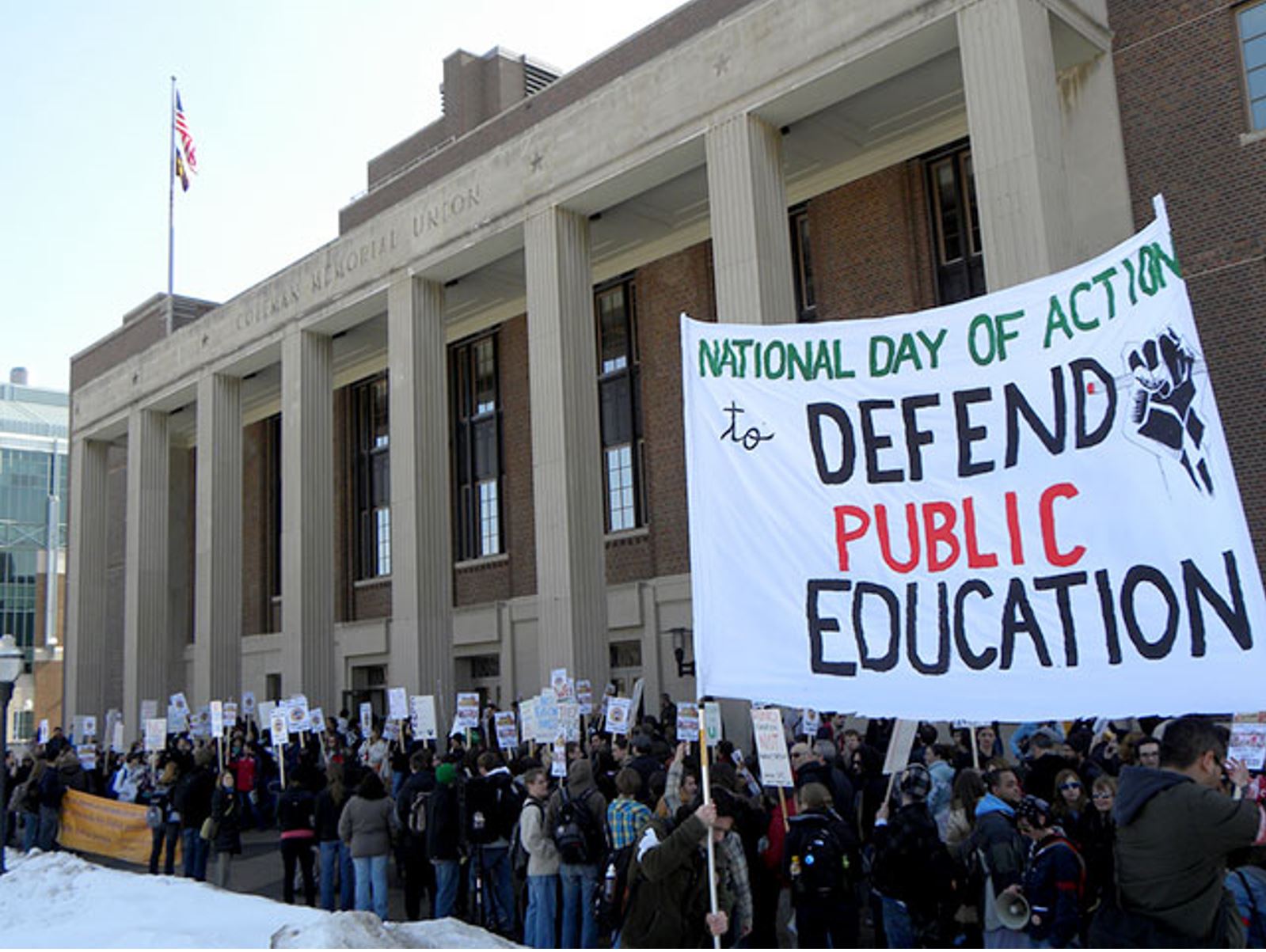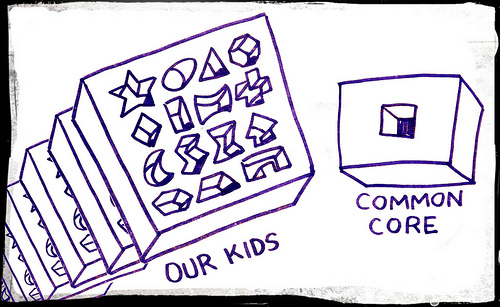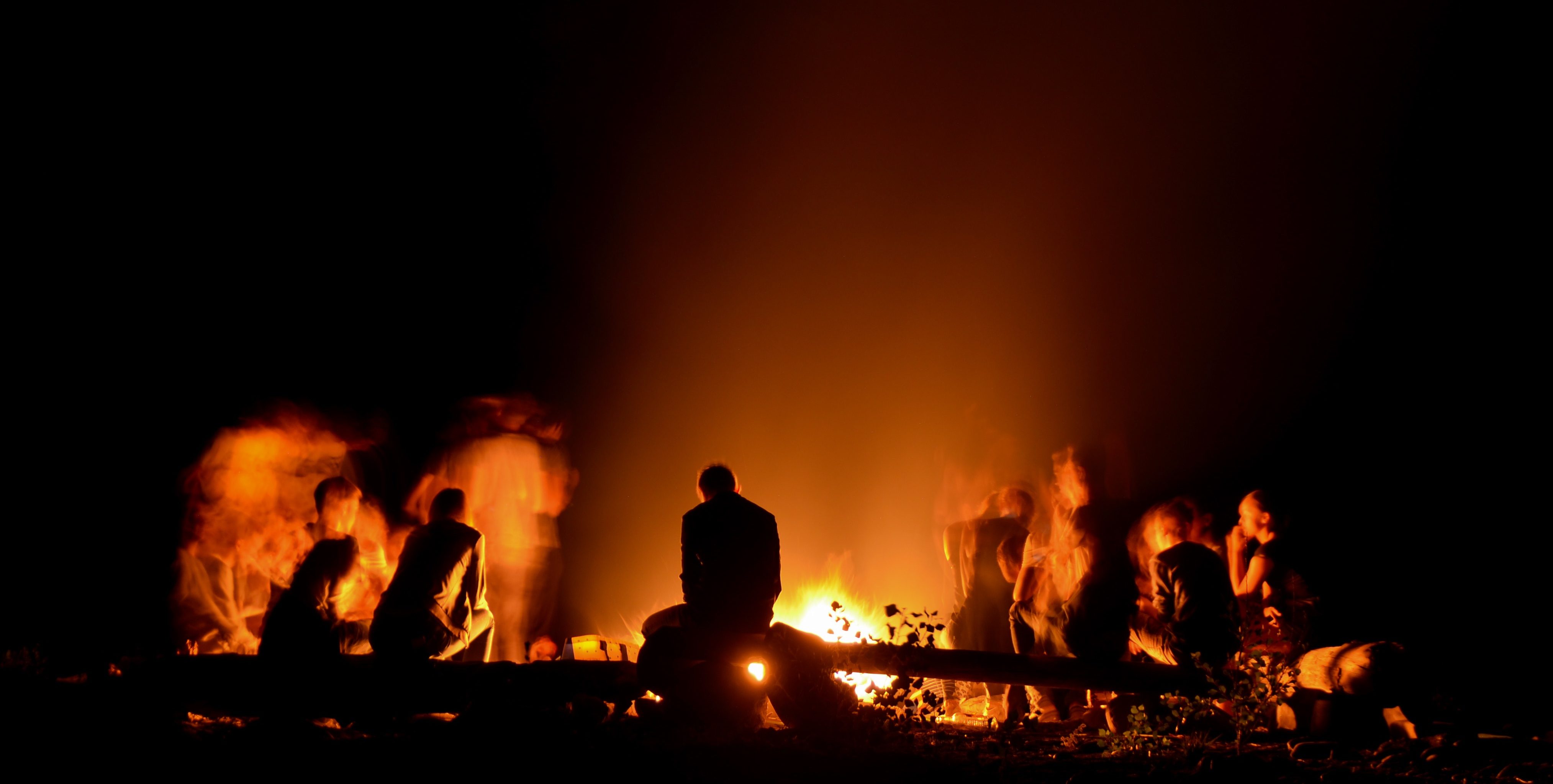Julie McCarthy/Education
Photo by Bill Wegener on Unsplash *** Uncertain Times for Diverse Learners by Julie McCarthy couple of years ago at a New York State conference for teachers of speakers of other languages, we were...
Sue Atkinson: Old Schools, Part 1
Former Mt. Upton High School Old Schools – Part 1 The Downsides of Consolidation n a sunny late fall afternoon, I took a drive up New York State Route 8. Highway 8 originates in the Village of...
Henry A. Giroux/Commentary
Gangster capitalism and nostalgic authoritarianism in Trump’s America In one year, the Trump regime has wrought immense damage to democracy, culture and thought. But there’s new hope. by Henry A. Giroux Contributing Editor Just one year into the...
Henry Giroux/Commentary
Democracy on life support: Donald Trump’s first anniversary by Henry A. Giroux Donald Trump was elected president of the United States a year ago today. His ascendancy in American politics has made visible a culture of cruelty, a contempt for civic...
Music & Peace: On the Road in South Korea
Listen to the Music: On the road in South Korea with David Gittens avid Gittens is as close to a Renaissance man as one can get these days, when you include the facts that he's an artist, musician, designer,...
The 10 Cs of Criminal Justice/Jim Palombo
Within the context of CAPITALISM, it’s important to clarify that we do live in the most advanced capitalist system in the world. This means that to consider any behavior in our society all the definitions related to capitalism must also be considered. In this general sense there are the “open, free market” definitions – where profit and competition are most beneficial and feed into a productive social system, which tends to foster corresponding productive behavior. And then there are the more critical definitions – where profit and competitiveness are seen to continually benefit the rich over others, creating various levels of inequality, which in turn effects a variety of behaviors. Simultaneously cultural instincts tied to money, consumerism, success, greed get promoted, and these instincts tend to effect/fuel motivations for behavior, deviant and otherwise. Of course depending on which type definition might be employed it becomes important to then examine how to address particular behaviors like crime. (For example, if capitalism helps induce certain behavior then do we need to alter its course in order to alter anti-social behaviors within that system?)
Education/Henry A. Giroux
Any viable attempt at developing a democratic politics must begin to address the role of education and civic literacy as central to politics itself. Education is also vital to the creation of individuals capable of becoming critical social agents willing to struggle against injustices and develop the institutions that are crucial to the functioning of a substantive democracy. One way to begin such a project is to address the meaning and role of higher education (and education in general) as part of the broader struggle for freedom.
Nancy Barno Reynolds/Gaslighting 2017
In 2010 when the Common Core State Standards (CCSS) were rolled out, proponents announced some news that seemed to make sense to anyone who had been in the field of teaching a long time…
Sue Atkinson/Education
In the dark firelight, my thoughts spin to memories of teaching in the 1970s. I remember, as a young teacher, loading (far too many) preschoolers into my van for a spur-of–the-moment field trip, and on a summer day too hot to play, taking them wading in a fountain signed “no swimming.” Then, in the 80s, setting up early intervention programs, deciding how the programs would work —because who, other than the teachers and parents of these young children with special needs, would know what was needed? And even in the late 90s, in the more conventional setting of a public middle school, putting subjects aside for a full week to celebrate Earth Day with the entire 7th grade, hiking, doing trail work, picking up litter around town, making posters, hearing speakers, and helping students create environment-themed fabric squares to combine into a class quilt.
Carol Mikoda/Education
They learned without even knowing they were learning. Isn’t that the way it’s supposed to be? Don’t we enjoy those experiences where we lose ourselves in a topic or a hobby or an interest? I think of the hours I spend on the Jersey shore late each June, umbrella up, sunglasses and sunblock in place, book in hand, lost in a story. All that time, I add to my working vocabulary, to my knowledge of syntax, to my repertoire of voice and cadence … and following the plot, getting emotionally lifted and suspended and dropped, again and again … and when I look up it is time to leave the beach, shower, and find some seafood for supper.
